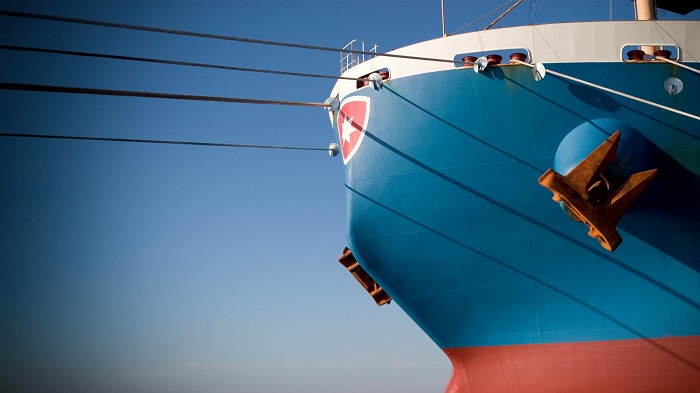As reported by ABC News 4, the chief engineer of the container ship MSC Michigan VII has entered a guilty plea regarding federal charges stemming from a significant incident in Charleston Harbor last June. This event led to the temporary closure of the Arthur Ravenel Jr. Bridge and prompted evacuations at nearby beaches.
The engineer, Fernando San Diego San Juan, 61, originally from the Philippines, acknowledged his failure to report dangerous conditions aboard the vessel and admitted to obstructing a federal investigation into the matter.
Under his plea deal, he could face up to six years behind bars for failing to report hazardous conditions and five years for obstruction. Additionally, he may incur fines reaching $250,000 along with three years of supervised release for each charge. Each count also carries a special assessment fee of $100.
The incident unfolded on June 5, 2024. The MSC Michigan VII—a massive ship measuring 997 feet long and weighing 74,000 tons—departed Charleston around midday when it suffered a propulsion failure. The vessel began moving at speeds between 14 and 17 knots—more than double what is legally permitted in that area. According to Deputy Commander Randy Preston’s report, it was indicated that control over the engines was lost while they were nearly at full throttle.
San Juan had only joined as chief engineer two months prior but received an inadequate five-hour handover instead of the standard day-long orientation necessary for understanding complex systems onboard. Shortly after assuming his role, he discovered multiple mechanical issues including leaking air compressors and faulty generators.
Court documents reveal that discrepancies often occurred between engine RPMs and bridge telegraph commands; engineers resorted to manually adjusting components—a risky maneuver under pressure. On that fateful day in June when adjustments were attempted due to engine performance issues, critical components failed leading to further complications.
This resulted in authorities closing off access to local beaches and shutting down traffic on Arthur Ravenel Jr. Bridge as safety precautions against potential accidents caused by waves generated by the runaway ship ensued. The aftermath included damages exceeding $500K due to broken mooring lines and injuries sustained by recreational boaters nearby; Carver Maritime LLC subsequently filed suit against MSC Michigan VII over these losses.
The U.S Coast Guard detained MSC Michigan VII for an extensive period of 44 days before lifting its detention order on July 22 following investigations into its operational failures during this incident.
During inquiries conducted by federal agencies like the U.S Coast Guard and National Transportation Safety Board (NTSB), San Juan confessed not only about lying but also about instructing other crew members on how they should respond regarding hazardous conditions onboard—denying any delays between bridge commands and engine responses despite being aware otherwise.
This case highlights serious implications within maritime operations where safety protocols are paramount yet sometimes overlooked under pressure or mismanagement—a reminder echoed across various industries facing similar challenges globally today—from aviation mishaps due lack oversight during maintenance checks down through logistics sectors grappling with compliance regulations amidst rapid growth demands worldwide!





